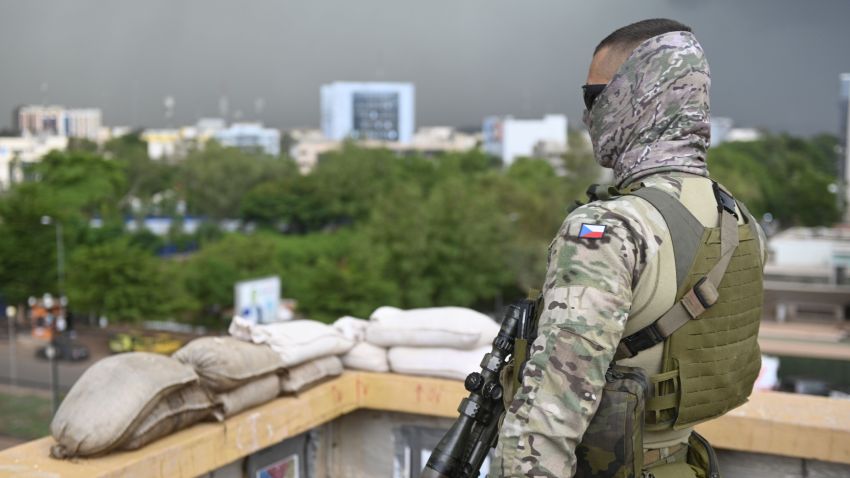Earlier this month, the European Union committed to enhancing its military support to Mozambique in the fight against an Islamic State-affiliated insurgency in the country’s northern provinces. The EU announced it would increase its financial contributions to the Southern African Development Community, or SADC, military mission to Mozambique by an additional 15 million euros, on top of the previous 1.9 million euros the EU has already committed. This funding complements ongoing direct EU support through the EU Training Mission Mozambique, which seeks to increase the Mozambican armed forces’ ability to counter the insurgency alongside the SADC force.
The EU’s militarized security engagement in Africa is not new, and to an extent its approach to Mozambique follows the pattern of the EU’s previous military support missions, for instance in the Horn of Africa. What is new, however, is the institutional mechanisms by which the EU is providing security support to partner states in Africa. Furthermore, it raises the question of whether increased EU support for militarized approaches actually increases security for Africans.
Africa as a Testing Ground for Developing EU Capabilities
For more than two decades, the EU has been attempting to transform itself from being, as former Belgian Foreign Minister Mark Eyskens described it, an “economic giant, political dwarf and military worm.” Despite efforts over many years to develop a Common Security and Defense Policy, or CSDP, the EU still lacks the capacity to deploy and oversee the considerable military assets of its member states to defend and advance the bloc’s collective interests. For those invested in the role of the EU as a security actor, this is deemed to be detrimental to its standing in the global security architecture, compared to actors such as the U.S., China and Russia. For many, Russia’s illegal invasion of Ukraine has reinforced the need for the EU to have the capacity to act more autonomously and militarily in defense of the bloc and its friends.

